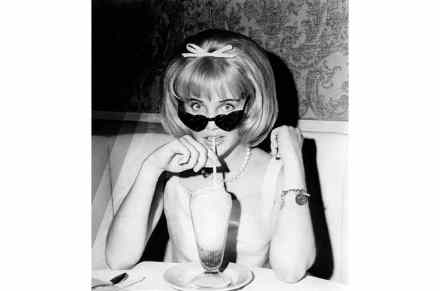Why should advocating sexual restraint be ridiculed?
Louise Perry is on a mission: ‘It wasn’t enough just to point out the problems with our new sexual culture,’ she declares at the start of her punchy first book The Case Against the Sexual Revolution. So she offers advice as well to the young women she believes have been ‘utterly failed by liberal feminism’. That’s because contemporary sexual mores have exposed them to risks, the most serious of which are linked to some men’s propensity for violence. Women, Perry argues, have in recent decades been conditioned to repress their desire for attachment. They have learned instead to behave in ways more typical of men, with their greater (on average)



